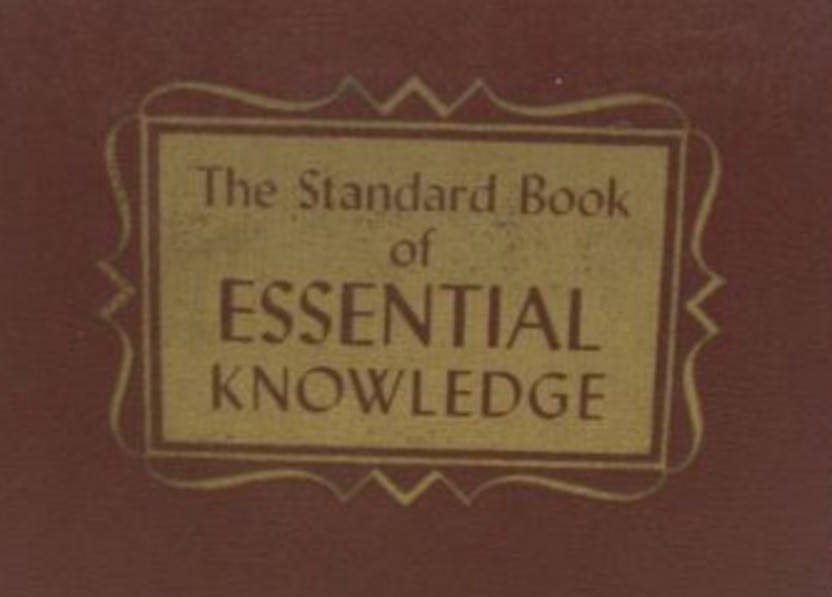 Here are some words and phrases I won’t use anymore, because they have entered into a dangerous zone of usage: They have an original meaning which has been partially supplanted by a new meaning:
Here are some words and phrases I won’t use anymore, because they have entered into a dangerous zone of usage: They have an original meaning which has been partially supplanted by a new meaning:
Belie
Comprise
Plethora
Fulsome
Presently
Beg the question
I love words, and I love to use them correctly. When I’m working as a writing teacher or as an editor, I correct misused words. With red ink, if possible!
But otherwise I try not to correct anybody’s usage, as long as communication is happening. I’m temperamentally inclined to pedantry, he intoned from his paneled library which smells of rich mahogany, and I don’t let myself make a jerk of me by correcting a communicator who is getting the main job done.
But when I notice that a word has entered the danger zone, I strike it from my own vocabulary. The examples:
Belie: To misrepresent something. But also, to show that something is misrepresented. What? Never use this word.
Comprise: The opposite of compose. A whole comprises parts. But also, a whole is comprised of its parts, which is the same as a whole being composed of its parts. What? Never use this word.
Plethora: Too much. But also, plenty. Is it good or bad? Used to mean bad, now means good. Never use this word.
Fulsome: So excessive as to be offensive. But also, nice and full. What? Never use this word.
Presently: Not now, but later on. But also, right now (at present). I shall be there presently; I am presently here. What? Never use this word.
Beg the question: To prove a conclusion by assuming it in the first place, or argue circularly. But also, to raise a question, or to present information in such a way that an obvious question presses itself forward. What? Never use this phrase.
Bi-weekly: Every two weeks. But for some people, twice a week. What? Never use this word.
In each case, I could stick to the original, proper meaning of the word, and correct everybody who has slid into the later, improper meaning of the word. Or in writing, I could carefully use each word the right way; this is within my power. But what is not within my power is to guarantee that my reader will know the right meaning.
A large group of people out there somewhere is using each word wrong. How many people? Which ones? I do not know. But in each of these cases, I’ve decided the chance of misinterpretation is high enough that I shouldn’t risk it.
Is it a shame to give up on perfectly good words? Sure. But as much as I love words, I love communication more. Purists and pedants will say I’ve gone over to the side of the anarchists; and I admit that in principle, there’s no way of saying where this surrender of vocabulary will end. If enough people start using the word “soda” to mean “baking soda,” I’m not going to keep ordering “soda” just to prove I’m linguistically conservative. I want me some soda.
I think most people follow this principle when something they’re saying really matters to them. “Call me at 12pm” is not something most people would risk saying. How can you be sure the person you’re talking to will definitely call you at the right 12 o’clock? The way to make sure they’ll understand your meaning is to say “noon” or “midnight.” So if clear communication is the goal, skip the misinterpretable term and go straight to the one you know has only one possible meaning.